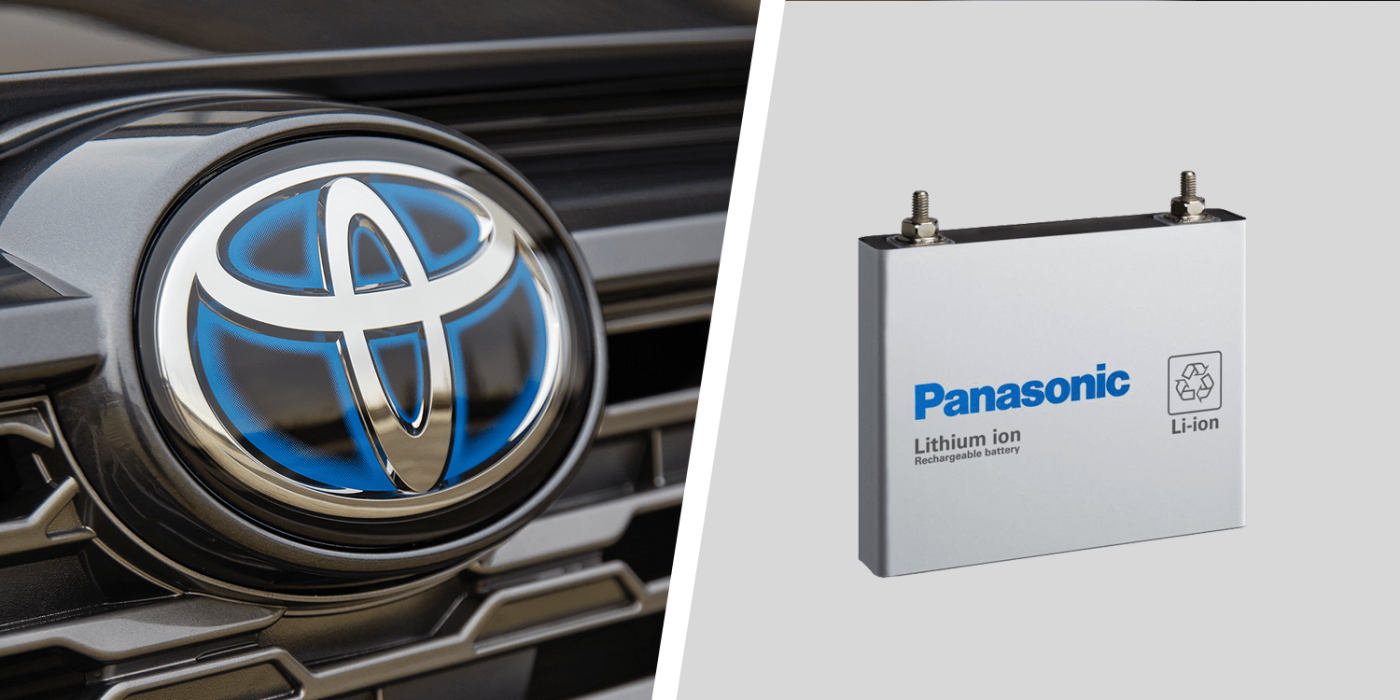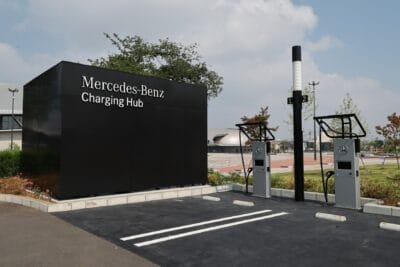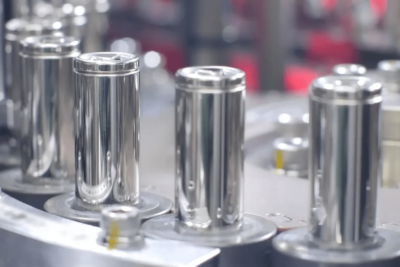Panasonic, Toyota & Tokyo Uni join forces to further battery circular economy
Panasonic and Toyota have started joint research with the University of Tokyo on battery resources and recycling. In addition to CO2 neutrality, the aim of the project is to reduce production costs in the entire battery supply chain.
The research project has two main focal points: the development of new processes in resource development as well as the development and production of battery materials, and the development of new processes for the recycling of battery waste and used batteries.
The joint research project will review existing processes and develop new ones that can be better tailored for battery applications. The following development of these new processes should enable CO2 neutrality and the reduction of production costs, as well as shortening the lead time for material production.
With regard to recycling, the research project should also lead to improved processes and technologies in order to promote the waste-free recycling of residual materials from battery production and used batteries. The research project will not only concentrate on the development of the more elementary technologies but will also show ways to enable the rapid implementation of the results in commercial applications.
Masaharu Katayama, COO for Toyota’s Metals Business Unit, said, “We will not only supply battery materials but also contribute to the reduction of environmental impact and the formation of a recycling-oriented society by promoting recycling, making use of our knowledge in the recycling-oriented venous business.”
The project will combine the knowledge that comes from these four parties, the University of Tokyo (UTokyo-IIS), Prime Planet Energy Systems (PPES), Panasonic, and Toyota Tsusho (TTS). This combines experience in manufacturing, the trade of overseeing recycling collection and processing, and university research on rare metal refining technologies.
TTS was formerly part of Toyotsu Syscom Corporation and is part of the Toyota Group. The company describes itself as “a trading company that develops IT solutions wherever global businesses operate.” However, in 2014, we reported that Toyota Tsuscho had acquired the exclusive sales rights for lithium carbonate from Argentina developed by Sales de Jujuy SA. At the time, TTS was planning to set up the complete lithium supply chain and export the material to Japan. As for Prime Planet Energy & Systems, PPES is a joint venture established by Toyota and Panasonic in April 2020.
In October 2020, PPES announced its intention to increase the efficiency of its development and production processes tenfold by standardising battery design and streamlining processes at material suppliers. The goal here is to better keep up with the Chinese competition.
Later, it was announced that the capacity to produce batteries for hybrid vehicles would be expanded by installing a new production line. PPES was founded by merging parts of the battery businesses of both parent companies. The focus of the joint venture is on batteries for hybrid vehicles. Prime Planet has taken over Panasonic’s prismatic battery cell business, while the company still keeps the development and production of cylindrical battery cells (for Tesla, for example) in their own hands.





0 Comments